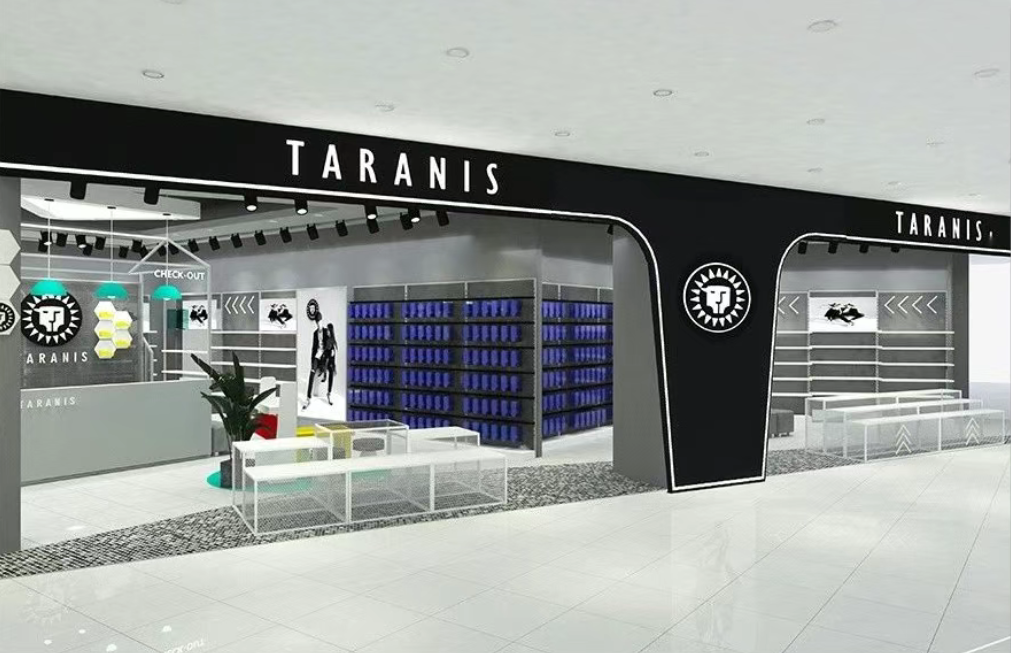Some of those brands are: Bay, Hamco, Jennys, Fortuna, Crescent, Vibrant, Leatherex, STEP, Walkar, Orion, Falcon, Zeils, Shampan, etc. Most of their outlets now remain closed ahead of Eid-ul Adha, a season for sales.
Take the case of Jennys as an example. It has 45 outlets in Dhaka and other major cities in the country, but 35 are now closed.
“If the pandemic goes for another six months, the sector will collapse,” said Nasir Khan, owner of Jennys.
The situation is similar for other brands. Some of them keep their outlets open, but their sales are abysmal. Market players said sales have come down to 20 percent of the pre-Covid-19 time. A severe slump in sales is also reflected in Bata, a multinational footwear brand that has over 260 outlets countrywide. In the April-June quarter of this year, Bata earned only Tk41 crore in revenue in contrast to Tk282 crore in the same period last year, causing the company to incur a loss for the first time in Bangladesh. The company also posted a net loss of Tk73.51 crore in the second quarter this year. In the first half of this year, its net loss stood at Tk70.68 crore, and its loss per share was Tk51.67. A senior official at Bata said at the beginning of 2020, the company had planned for a production schedule, keeping Eid business in mind. From the organisation’s point of view, it expected to have significant sales. Therefore, the company began to build stock three months earlier. However, the business has been affected and the cash-generating cycle was hampered due to Covid-19, resulting in a negative impact on the net operating cash flow, he added. A senior officer at Apex Footwear said Apex, the largest local brand with around 220 outlets, used to sell products worth Tk2 crore, daily, just on the local market. Their sales dropped by more than 50 percent in the second quarter of this year due to Covid-19.
Why this slump?
Domestic brands would witness 40 percent of their annual sales just ahead of Eid-ul-Fitr. This time, their sales have been completely eroded by the countrywide shutdown. “Eid-ul-Fitr used to give us cash flow for the whole year. But it was zero this year,” said Jashim Md Al Amin, managing director at Zeils. He had 37 outlets, but now has only 27. Pahela Baishakh, Durga Puja and Eid-ul-Adha are three other selling seasons that boost footwear sales in the country. However, they have missed out on these big occasions this year.
Domestic footwear market
The footwear sector had been growing at around 15 percent for the past decade – riding on the country’s strong economic growth and rising purchasing power of consumers. According to research by Eastern Bank Limited in 2019, the domestic market size of footwear was around Tk17,000 crore in the fiscal year 2018-19. Domestic demand for footwear was about 200 to 250 million pairs a year. This steady rise in demand brought in investments from both foreign and local businesses. At least 15-20 new leather product and footwear factories were opening in the country each year.
Income erosion slows down mobile banking
Average daily transactions made through mobile phones came down to Tk1,494 crore in June from Tk1,535 crore in May Mobile banking registered negative growth in terms of transactions in June, with a significant number of people losing their incomes as a result of the coronavirus pandemic. Many people have gone back to their villages after losing jobs during the last two to three months. They thus lost the ability and need for using mobile financial services. According to central bank data, in June, person-to-person transactions made through mobile phones decreased by 11.4 percent compared to those in May. The number of transactions dropped by 9.1 percent and the total amount of transactions fell by 5.8 percent in the month. Shamsuddin Haider Dalim, head of Corporate Communications and Public Relations at bKash Limited, a subsidiary of Brac Bank, told The Business Standard, “In May, Eid-ul-Fitr was one of the reasons for an increase in transactions. In June, mobile banking activities, especially person-to-person money transfers, slowed down a bit due to many people’s income losses at this time of the pandemic.” Average daily transactions made through mobile phones came down to Tk1,494 crore in June from Tk1,535 crore a month earlier, according to the latest data from Bangladesh Bank. However, in June the number of active users of mobile financial services increased by 8.8 percent to around 3.86 crore. Dalim expressed his satisfaction over the opening of fresh accounts and use of active accounts. He hoped that transactions would increase ahead of Eid-ul-Adha. Sector insiders said the country’s mobile banking service providers had come by a fresh 62.21 lakh registered clients due to transfer of wages of export-oriented factories under the stimulus package of Tk5,000 crore – which later increased to Tk7,500 crore – in the last three months (April to June). Although there was a countrywide shutdown from March 26 to May 31, the number of fresh registered clients reached 69.40 lakh, a tremendous growth in account opening, during the period. In June, salary disbursement through mobile banking increased by 7.2 percent, payments of utility bills by 66 percent and merchant payment by 73 percent, according to the central bank data.


 Industry Desk:
Industry Desk:







 京公网安备 11010202009378号
京公网安备 11010202009378号